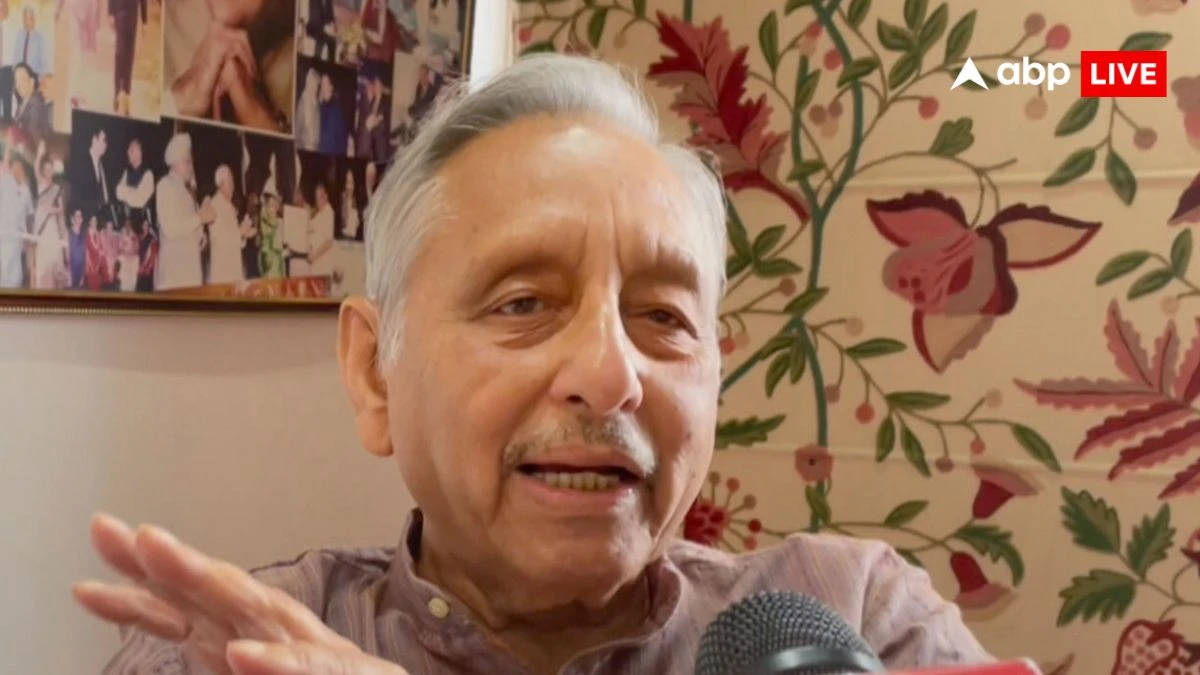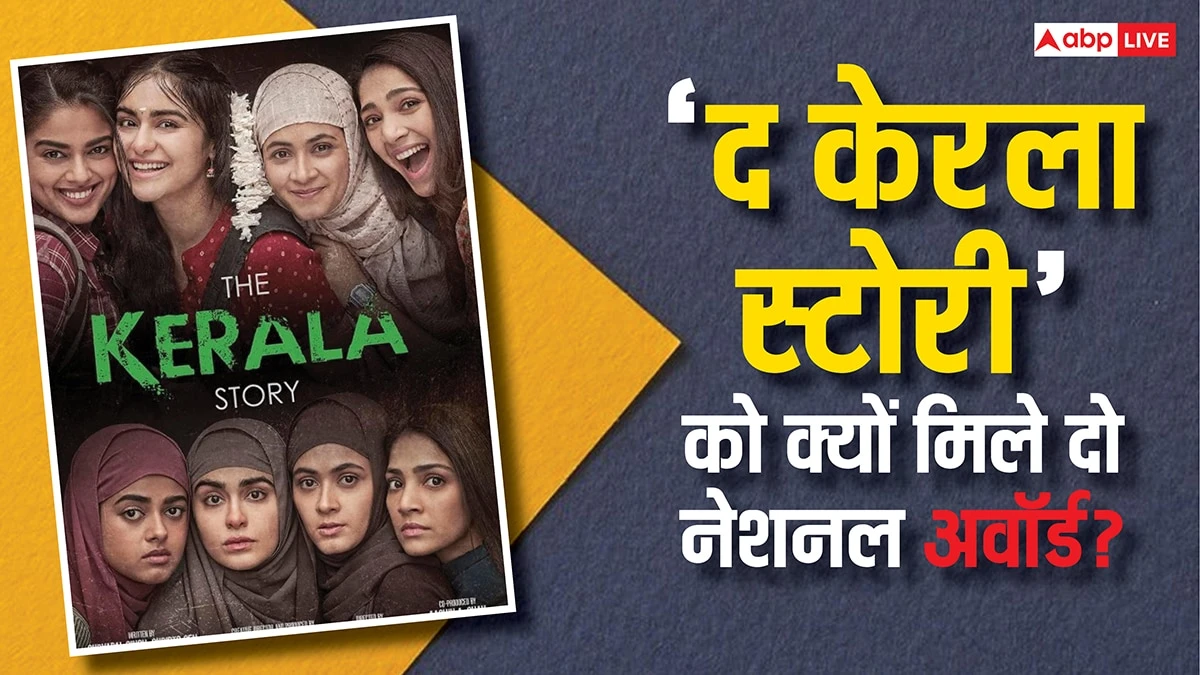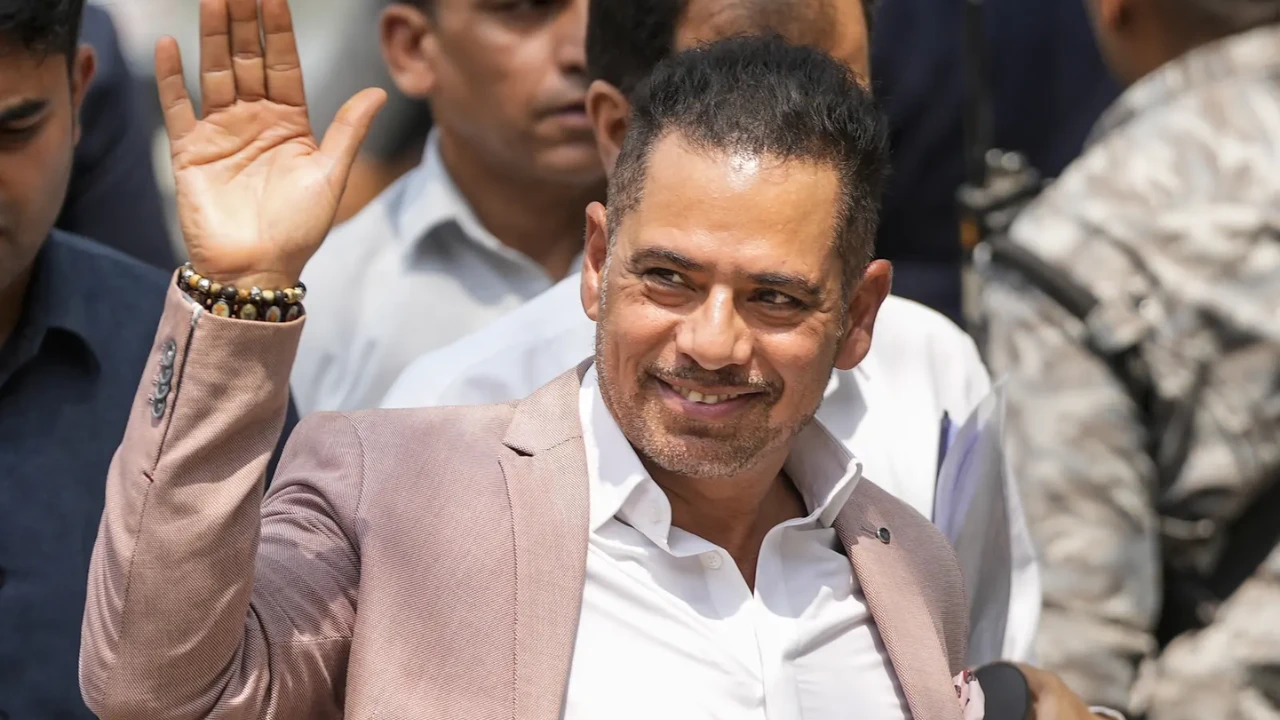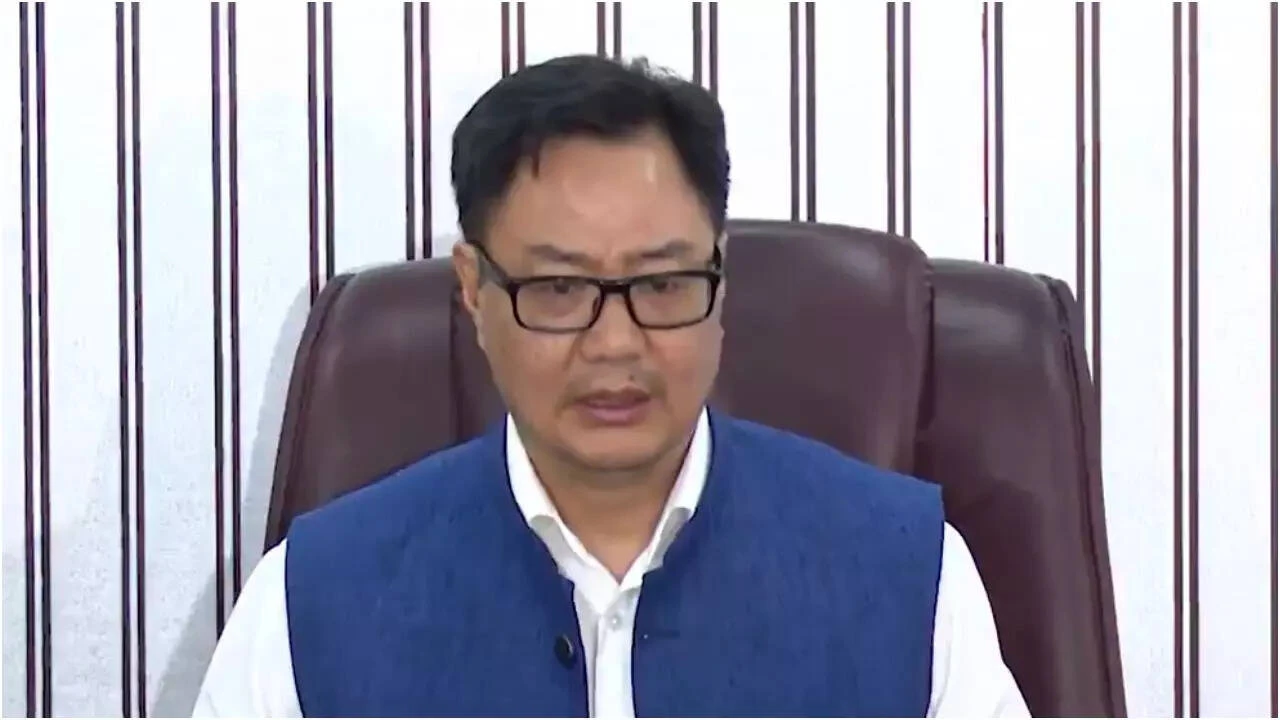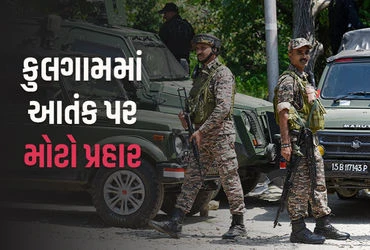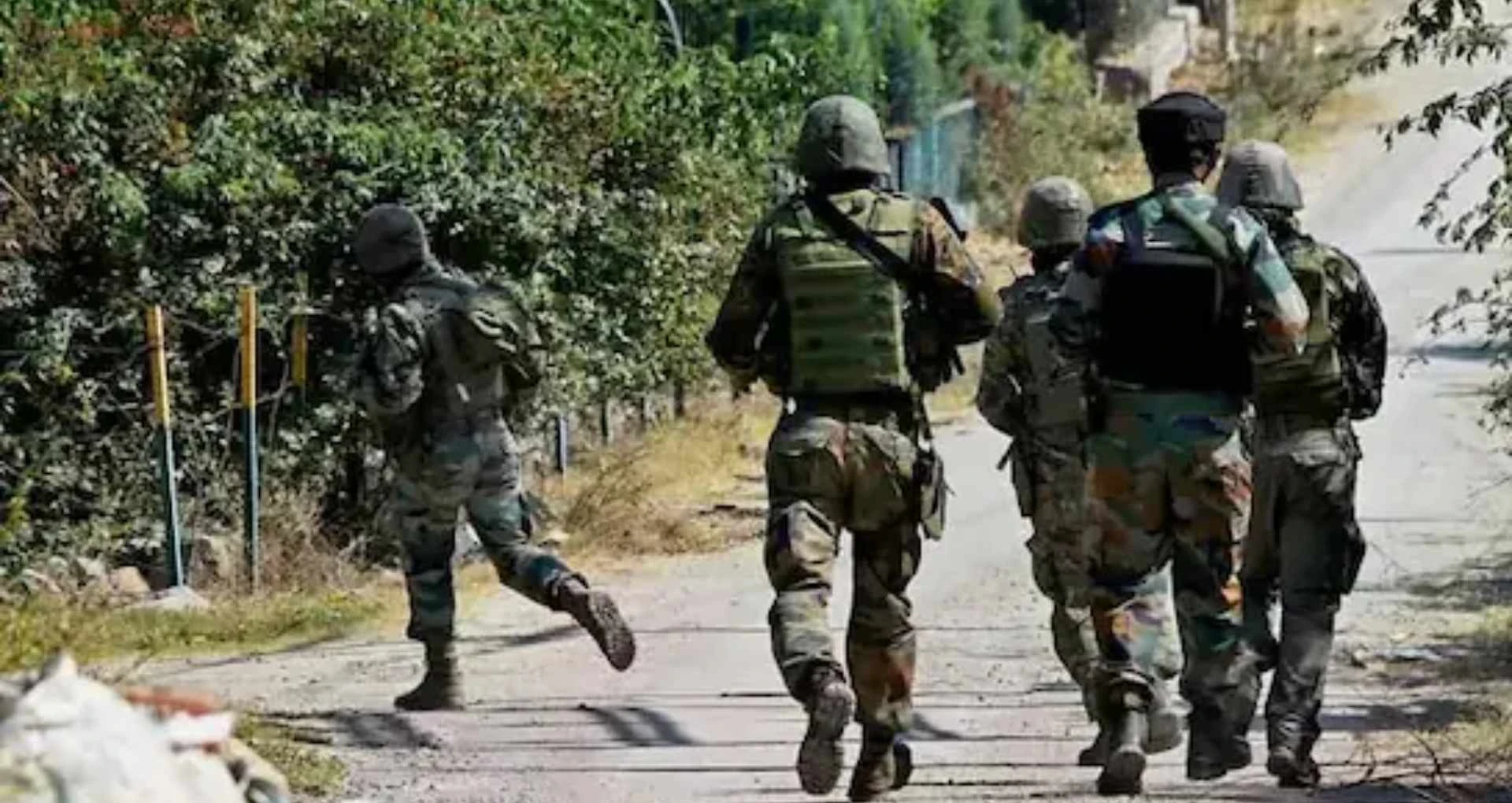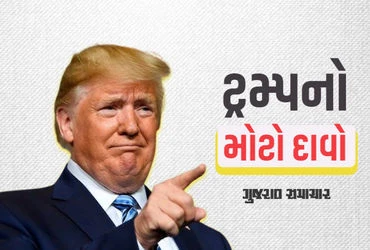Will the Supreme Court's new decision to ban arrest for two months in cases of dowry harassment and cruelty against marriages also be lost in the books of the law like the old judgments? For this, understanding on 5 points is necessary. 1. Arrest: As per the judgment in Joginder Kumar vs. State of U.P. (1994), the police have got several powers for detention and arrest. According to Chief Justice Venkatachaliah, arbitrary arrest without exercising discretion is unconstitutional and illegal. In 1996, the D.K. Basu vs. State of West Bengal judgment laid down the legal rights of the detainees. In the judgment of Arnesh Kumar vs State of Bihar (2014), detention and jail were made exceptions. According to these decisions, crores of families are being ruined in the police stations and courts due to non-compliance of the mandates issued. 2. Supreme Court: According to the new decision, family welfare committees should be formed in the districts as per the June 2022 order of the Allahabad High Court to prevent the misuse of Section 498-A. In this regard, the Supreme Court gave a major decision in the Rajesh Sharma case in June 2017. According to him, in most of the cases related to Section 498-A, the husband and his family are falsely implicated in the police case. The decision ordered the National Legal Services Authority to submit the report by March 2018, whose details are not coming after 8 years. Strict guidelines were issued for police officers in Delhi as per the Delhi High Court judgment in 2008 to prevent the misuse of Section 498A. When many such old decisions are not being implemented, how will people get justice at the grassroots level after the new decision? 3. Law from Parliament: Former Vice President Jagdeep Dhankhar had expressed his anguish over the misuse of the special powers of Article 142 of the Constitution and the Supreme Court becoming a super-Parliamentarian. The orders of the Supreme Court under Article 141 are binding on subordinate courts. But according to those rulings, the government and Parliament did not make changes in the law books of IPC or BNS and CrPC or BNSS. This parliamentary failure has led to anarchy in the courts at the whims and fancies of the police. 4. District courts: Of the 5.07 crore cases pending in courts, nearly 70 per cent (3.52 crore) are criminals. The poor have to work hard in the police stations to register FIRs even in the right cases. On the other hand, fake FIRs are also registered in civil cases at the behest of politicians and influential people. It is clear from the new and old decisions of the Supreme Court that the vicious cycle of falsely implicating the husband and his family in family cases is going on. After the arrest of the police, the accused are sent to jail in a routine manner in the district courts. Due to the imperialist custom of treating the Patwari's report in land matters and the FIR of the police inspector in criminal cases as irrefutable in the courts, crores of people of independent India are doomed to be pushed by the police stations and courts from generation to generation. 5. Maintenance: With this new decision of the Supreme Court, more than two dozen cases and the amount of alimony were canceled and in the recent Shivangi Bansal case, the IPS wife had to apologize. But the husband and father had to stay in jail for more than 100 days, how will they compensate? A few days ago, in the Supreme Court, the wife had demanded Rs 12 crore, luxury flat and car in the name of alimony. There is a need to bring changes in the seven-decade-old laws to make the rules of alimony practical along with simplification of divorce laws in the era of legal recognition of live-in relationships and gender equality. It's time for Digital India. In such a situation, the app should be released with the details of the undisputed decisions of the Supreme Court related to the interests and rights of the general public. Police and judicial officers who do not follow the orders should be prosecuted for contempt and administrative suspension. In cases of fraudulent FIRs and illegal detention, the victim should be compensated. Only then will there be an effective check on dowry harassment and misuse of stringent laws in all cases including SC/ST.
(This is the author's opinion)
0 thoughts on “Virag Gupta's column: It is now necessary to compensate victims in fake cases”
Leave a Reply
Your email address will not be published. Required fields are marked *
RECENT NEWS
- 'Such a situation even after Howdy Modi and Namaste Trump', Trump imposed 25% tariff on India, what did Mani Shankar Aiyar say?
- Why Adah Sharma's 'The Kerala Story' Won 2 National Awards? The jury chairman gave the reason
- Robert Vadra in trouble: Delhi Court issues notice in money laundering case; next hearing on August 28
- 'No MPs will be stopped from speaking': Kiren Rijiju defends CISF deployment in Rajya Sabha's well; dismisses opposition concerns
- Another major operation in Jammu and Kashmir, one terrorist killed, two-three surrounded, overnight clashes








